With news of the COVID-19 vaccine reaching us just in time for us to have something positive to say over the Christmas table, many of us are able to feel more positive about circumstances in a way we haven’t felt for months. It has been a year of learnings - but what can we predict about the consumer of tomorrow?
In light of COVID-19, shifting consumer preferences and an increasing priority on convenience have set the stage for some radical commercial shifts in the coming years, and it is the consumer who will direct these changes. Here are some of our predictions:
The rise of digital consumerism
Talking about online shopping seems like an obvious starting point. Perhaps you’re completing your shopping 90% online yourself, but to account for the whole population adoption rates were much lower. That was, of course, until the pandemic.
A new report from the Food Marketing Institute and Nielsen finds that 70% of consumers will be grocery shopping online by 2024. Another source claims that 88% of Chinese consumers currently are purchasing fresh foods online because of COVID restrictions.
Geographically, it’s the affluent shopping regions of the world that will see the most change in consumerism habits first. It is predicted that the USA, Canada, and India’s trends will be followed by changes in Europe, Australia and the UAE next, according to Shaping Tomorrow.
A boom for omnichannel shopping
Consumer expectations are fluid, our compartmentalised life is now inter-connected, and the eCommerce marketplace enables omnichannel, cross-platform shopping. With fluidity, must come simplicity and integration.
We as consumers see this as an easy-to-use interface, fast connection, and a smooth checkout process, no matter which device we are shopping on. Our expectations only get higher over time.
A desire for ‘convenience-store’ accessibility

With the onset of shopping mobility providing so many options, consumerism is fast. We don’t have to wait until business hours to purchase what we want when we want it. The world has become immediately accessible. Convenience may cost a premium including shipping costs, but if the experience is quick and smooth, and saves us time — an increasingly overstretched commodity — it’s worth the price.
Food shopping online while we watch TV at night means that we won’t have to do it after work tomorrow. We can just swing by and pick up our order or have it delivered to our home when we are ready for it.
Consumers have more choice as the market is now global. We are not limited by local resources if they don’t meet our needs — but (as per our next point) consumers aren’t expecting their choices to cost the world either.
A consumer-focused on sustainability and accountability

The consumer of tomorrow will be more inclined to instead choose based on ethical reasons instead of convenience. Evidence suggests, from consumer appeal and consumption of eco-friendly food products, together with a growing interest in the last year in consumer practices in other key sectors, such as tourism, commerce, and clothing, that sustainable accountability is a prevailing factor of importance to shopping trends in the future.
That’s not to say that a journey to sustainability will be without its challenges. One recent survey showed 65% of consumers said they want to buy purpose-driven brands that advocate sustainability, but only about 26% actually do.
But that number is set to go up, up, up.
We know it’s time for a change — Unilever estimates that almost 70% of its greenhouse gas footprint depends on which products customers choose and whether they use and sustainably dispose of them, but perhaps the emotional consumer of tomorrow, having been taught the ‘why’ of sustainability will be keener to explore the ‘how’, with resource preservation and local production probably being of keen importance.
Co-creation/consultative consumerism

Consumers are showing an ever-increasing desire to become more involved in the creation of the products we consume. We are also becoming more socially vocal about sharing opinions too. As with sustainability, we want to consult with brands to manufacture more emotive, consumer-centric products that cater to individual palates.
From the crisp companies trying new nostalgic flavours in quirky combinations to delight our inner child, and the likes of Nike and Reebok offering options to customise and personalise their products, this is an area where consumers will drive more and more changes.
In summary
Savvy businesses will be harnessing ways to make immediate changes to their models to meet the needs of consumers in the near future. Following the above predictions, the best businesses will want to ensure their order, inventory, and supply chain management solutions are proactively robust and fluid for their brands to stay relevant to their consumers’ desires.
If you would like to discover more or learn about how our technologies can help you satisfy the consumer of tomorrow, talk to us today.


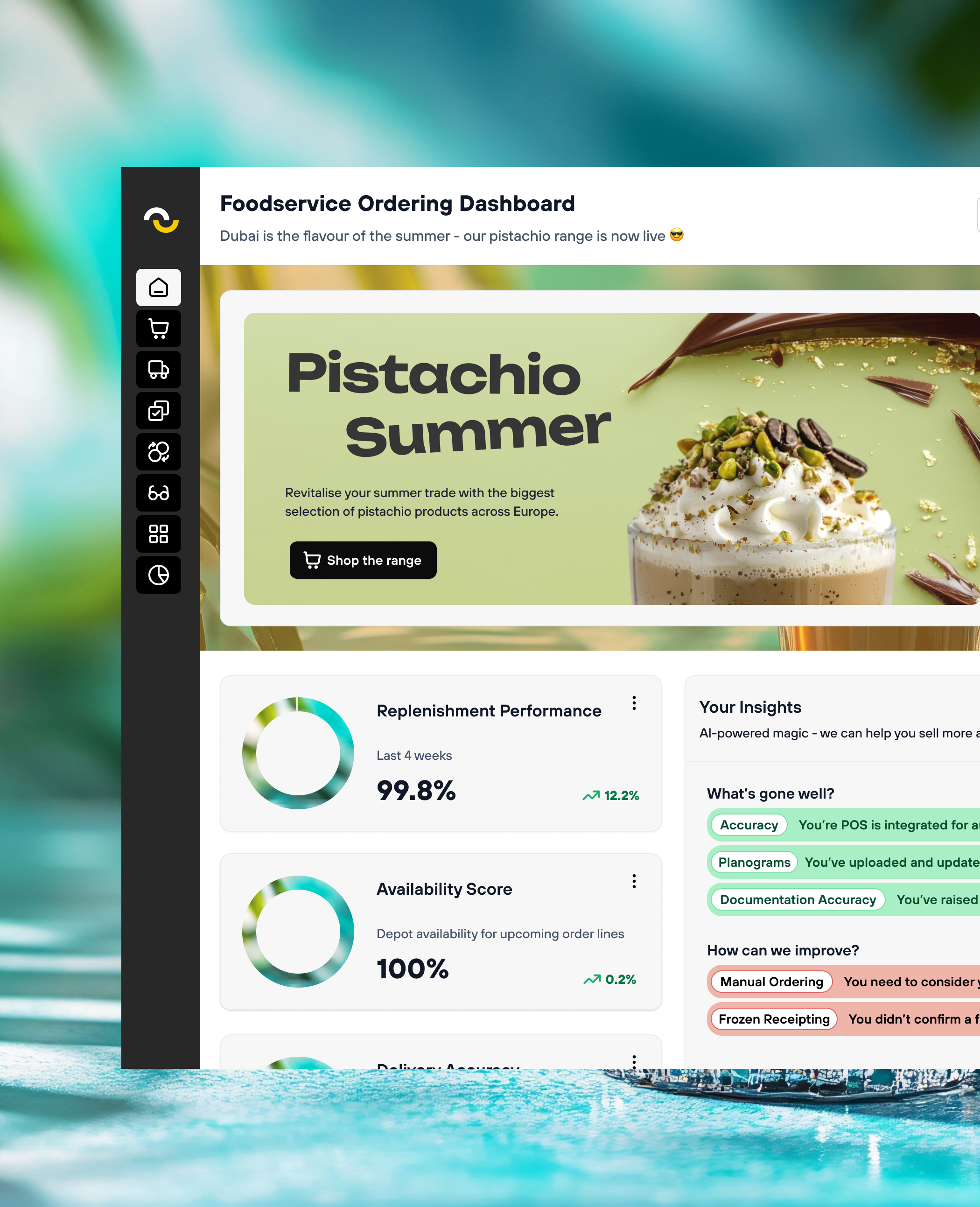

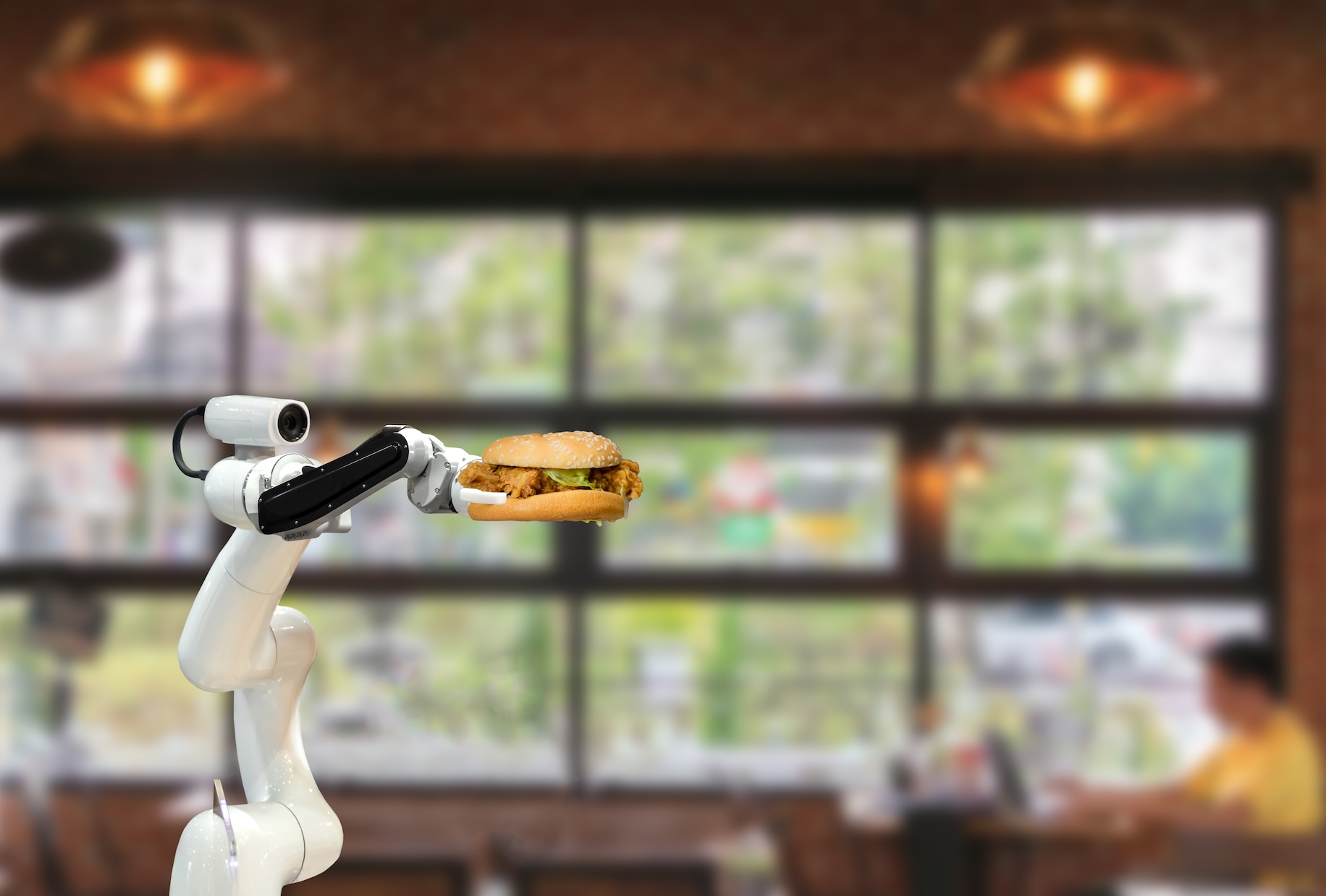
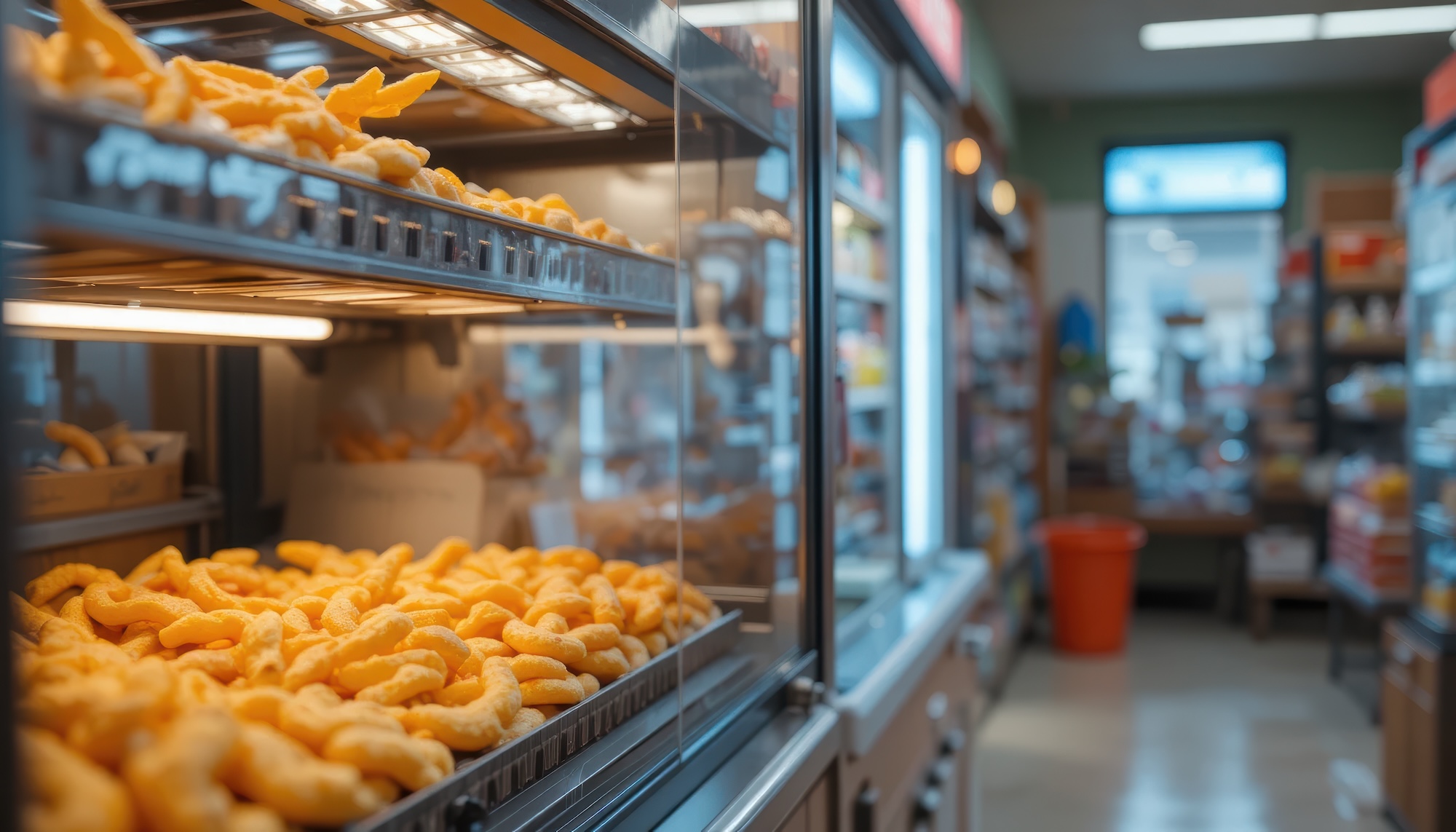

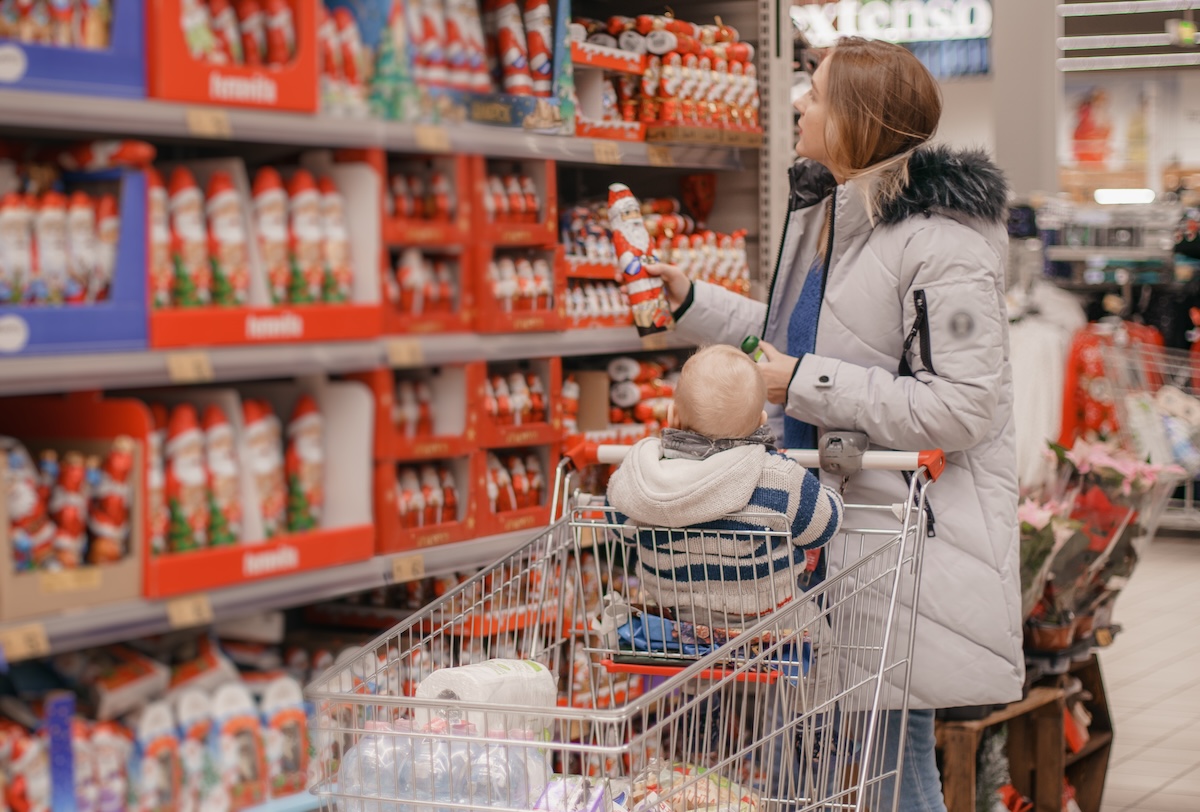
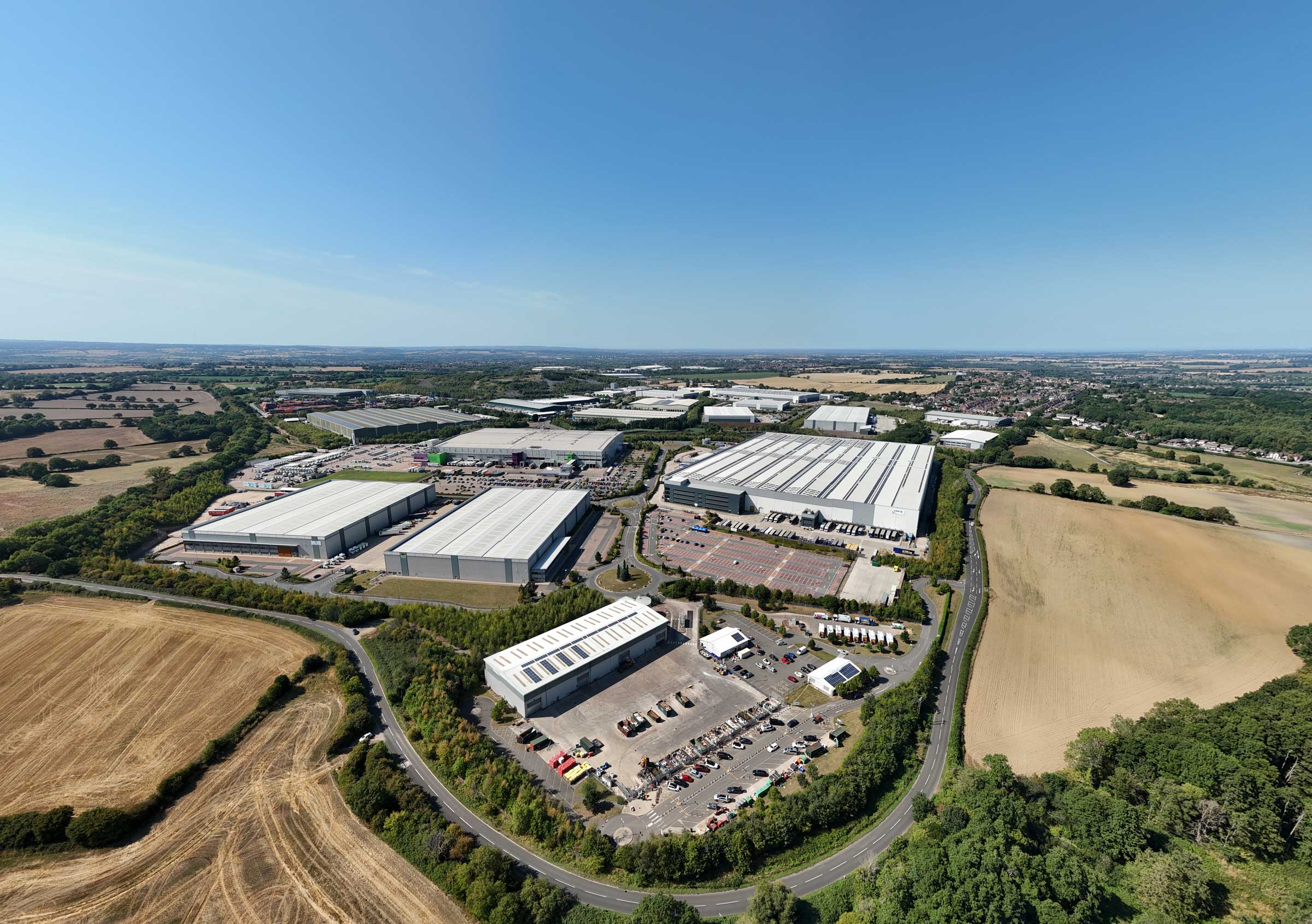

.svg)

.svg)
.svg)